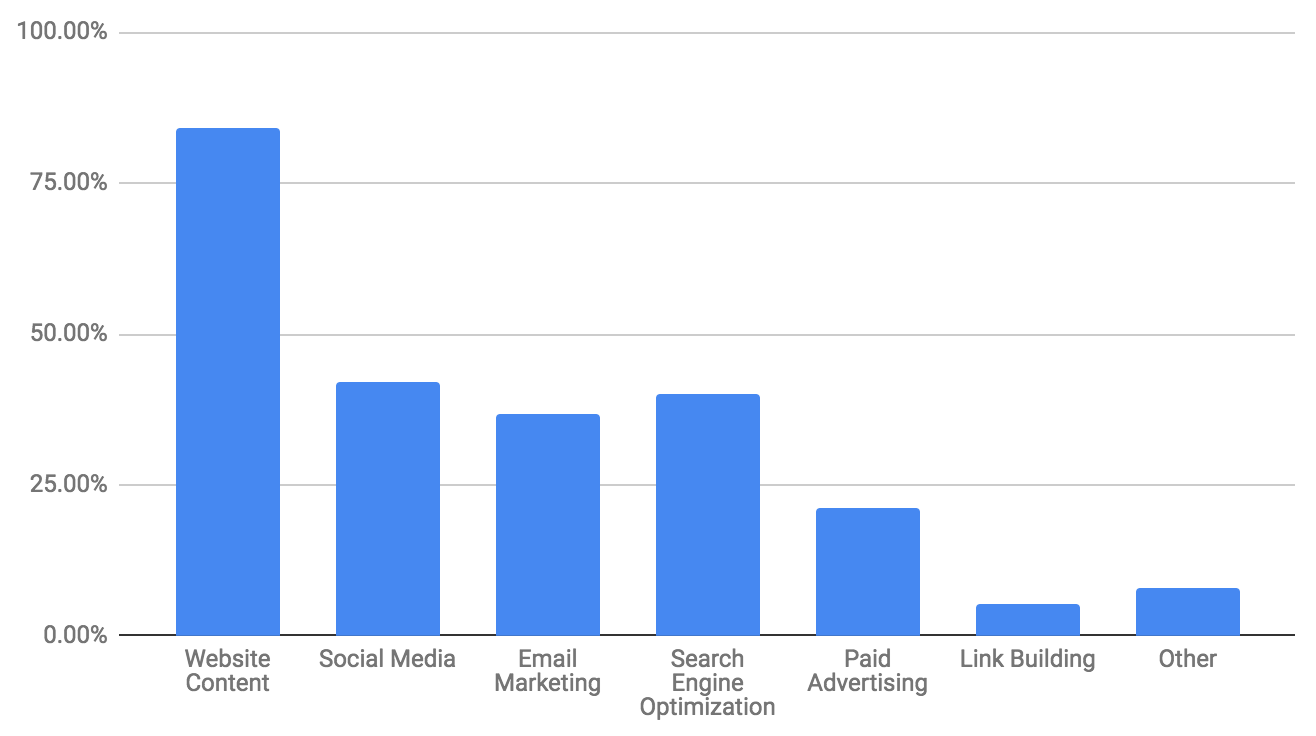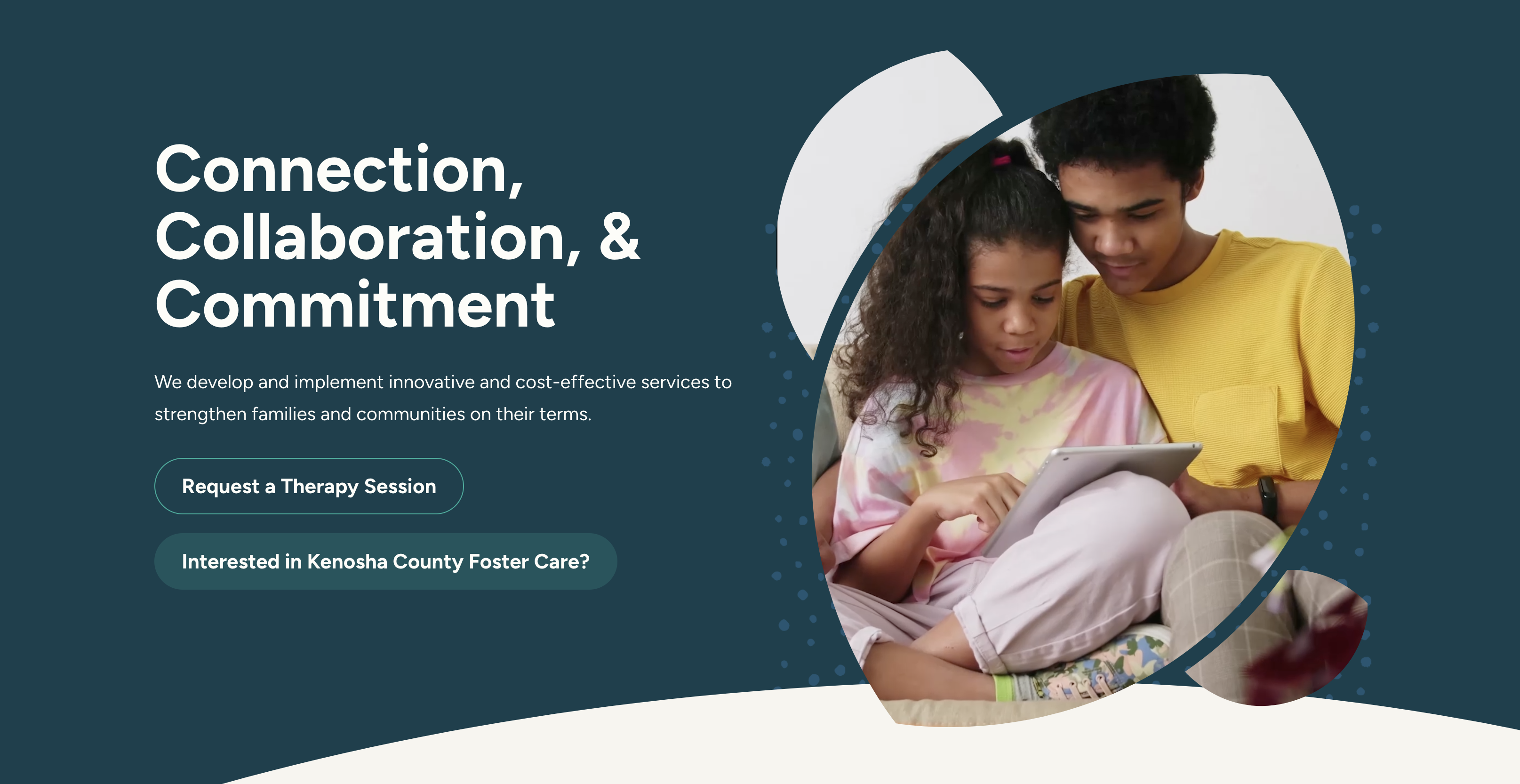What’s working? What’s not? And what is everybody else doing?
If you are in charge of digital marketing for your organization, you probably find yourself asking these questions a lot. Because of how fast the digital marketing landscape changes, it can be hard to stay on top of your strategy.
In our digital marketing survey sent to hundreds of local marketers, we ask some simple questions to get a pulse on what marketing people like you are doing.
Here are the results!
How was your overall digital marketing performance in 2018?
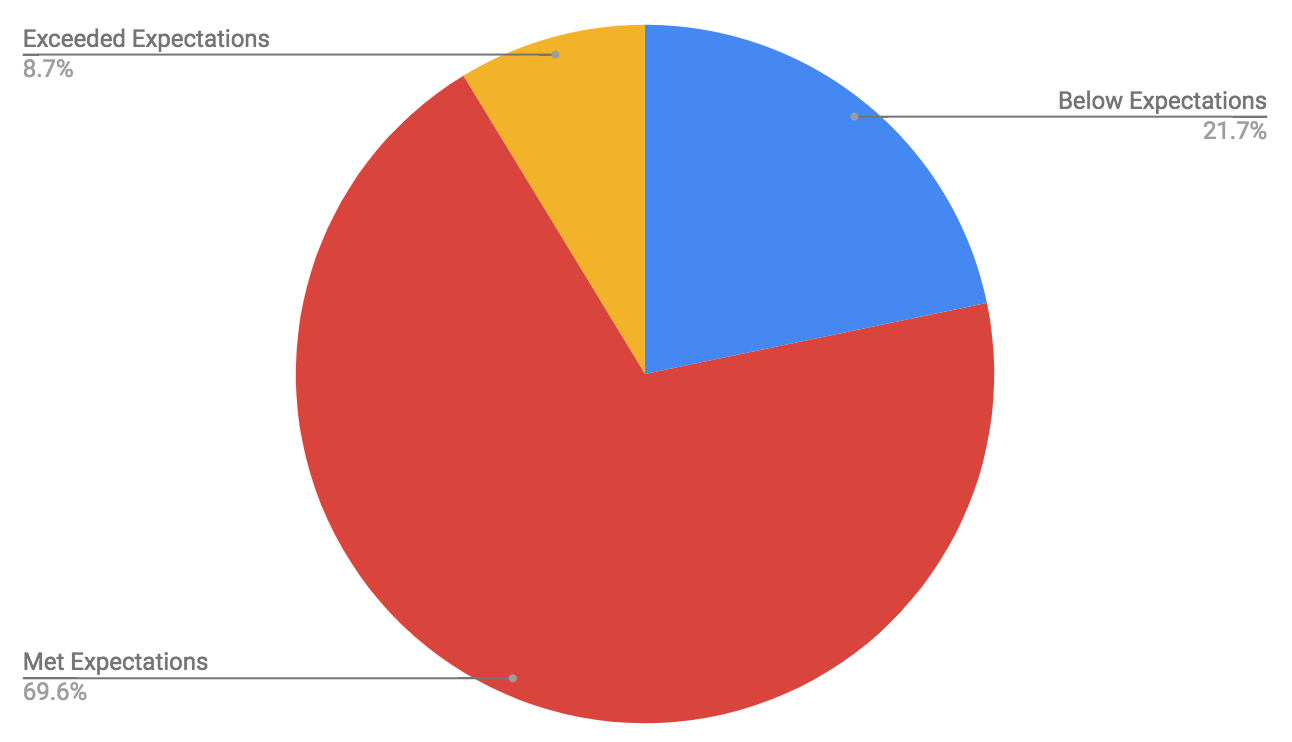
A large majority, with 69.6% of the respondents marked that they “met expectations” for their digital marketing in 2018. The next largest group marked “below expectations” at 21.7%. Only a small group, at 8.7%, marked that they exceeded their digital marketing goals.
It’s an interesting change from our 2017 survey, where a majority met expectations, but the next largest group had exceeded their goals. It seems as though many marketing people were managing to just stay on track in 2018.
From an SEO perspective, Google has been moving towards providing content directly onto search results pages – both through featured snippets as well as Google My Business content. This move is making it more difficult for marketing people to get traffic to move all the way to their website. While not ideal, this may mean adjusting goals to include metrics on engagement on Google’s off-site platforms as well.
From a social media perspective, nearly all of the platforms have been aggressively adjusting their algorithms to decrease organic reach, and increase paid posts. This means going forward you’ll have trouble reaching your social media goals without adding a paid component, or making your organic posts more “engaging.”
What were the primary goals for your digital marketing?
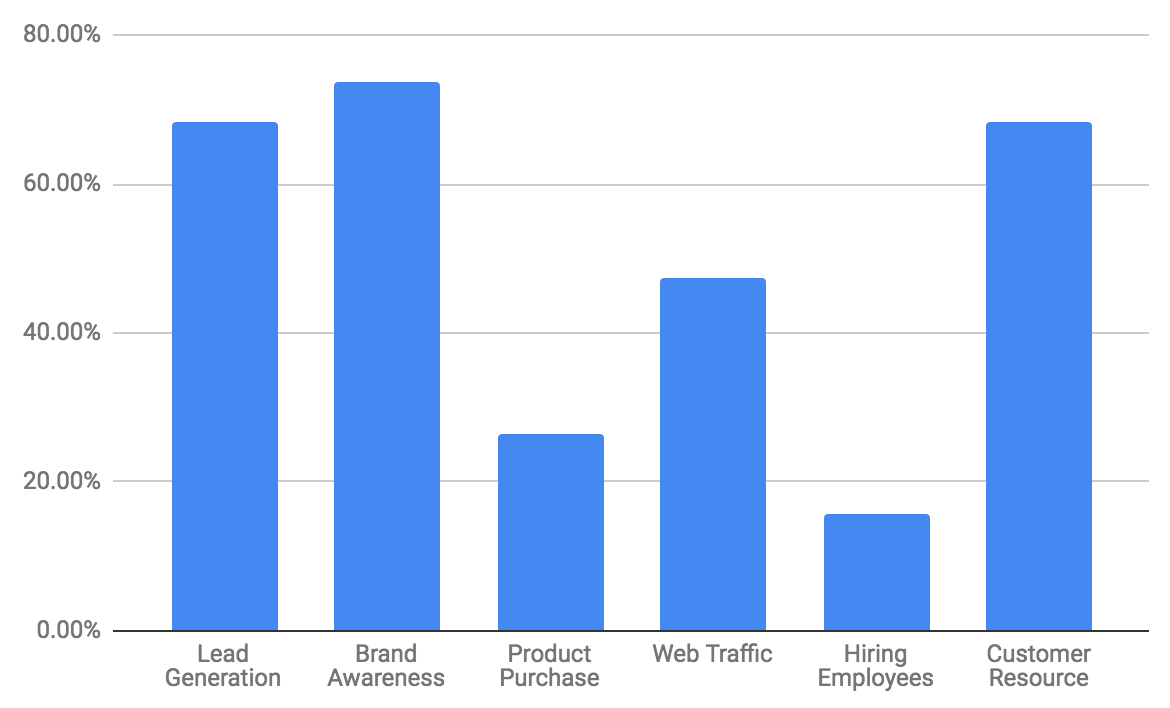
The name of the game in 2018 was to make your website a tool for brand awareness, lead generation, and a resource for your existing customers.
Savvy marketing people are starting to realize that straight “web traffic” is a less important metric to measure. Looking at the number of leads you are getting, and how your website supports your existing customer relations is more important.
What digital methods were most effective for your organization?
Content is still king! Just as in our 2017 survey, most marketing people marked that “Website Content” was the most effective method for digital marketing.
With social media and email marketing still playing an important role in the digital marketing strategy of most organizations, these survey results continue to illustrate the importance of providing valuable website content to your visitors.
What were your biggest challenges in 2018?
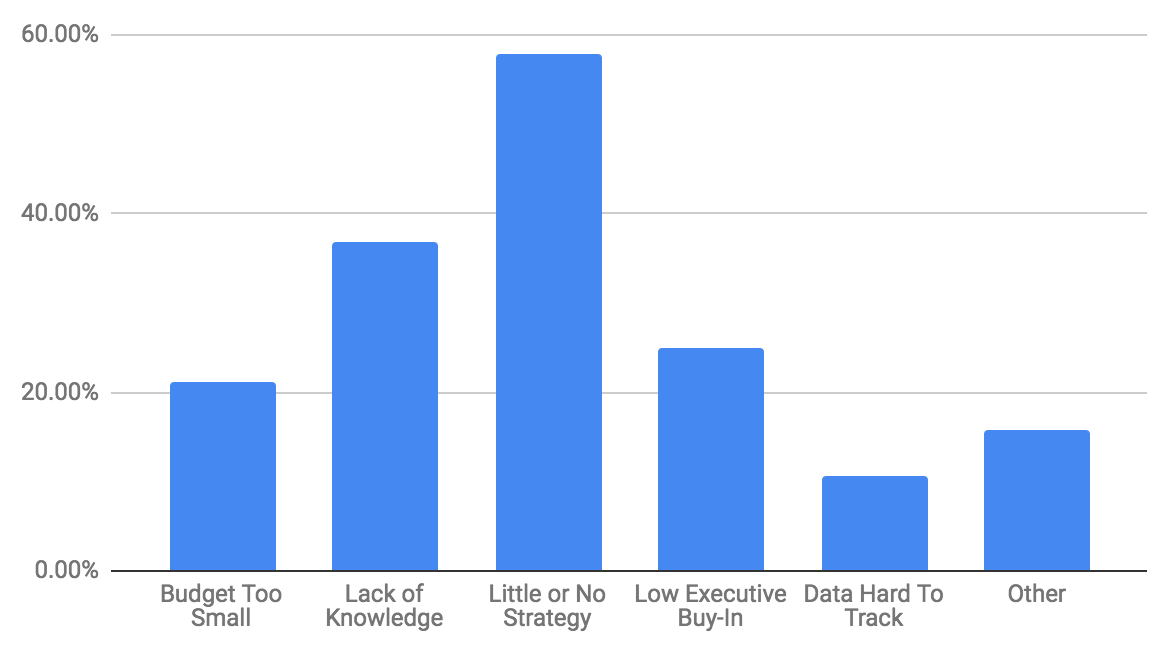
A MAJORITY of the respondents to the survey marked that one of their largest challenges was having “little or no strategy.” In second place, was a lack of knowledge or training. More likely than not, these two are related. As it’s hard to create a strong digital marketing strategy without a knowledge base of how to measure and execute your plan.
As a quick plug on the topic, I highly recommend you check out Powderkeg University, which is our educational resource center on our website. We post guides, blogs, and host on-going events on all topics digital marketing.
Only about 25% of those that responded mentioned their budget or executive team limiting their efforts. These numbers seem to be decreasing, as businesses are starting to fully understand the importance of digital marketing to their success.
How often are you updating content on your website?
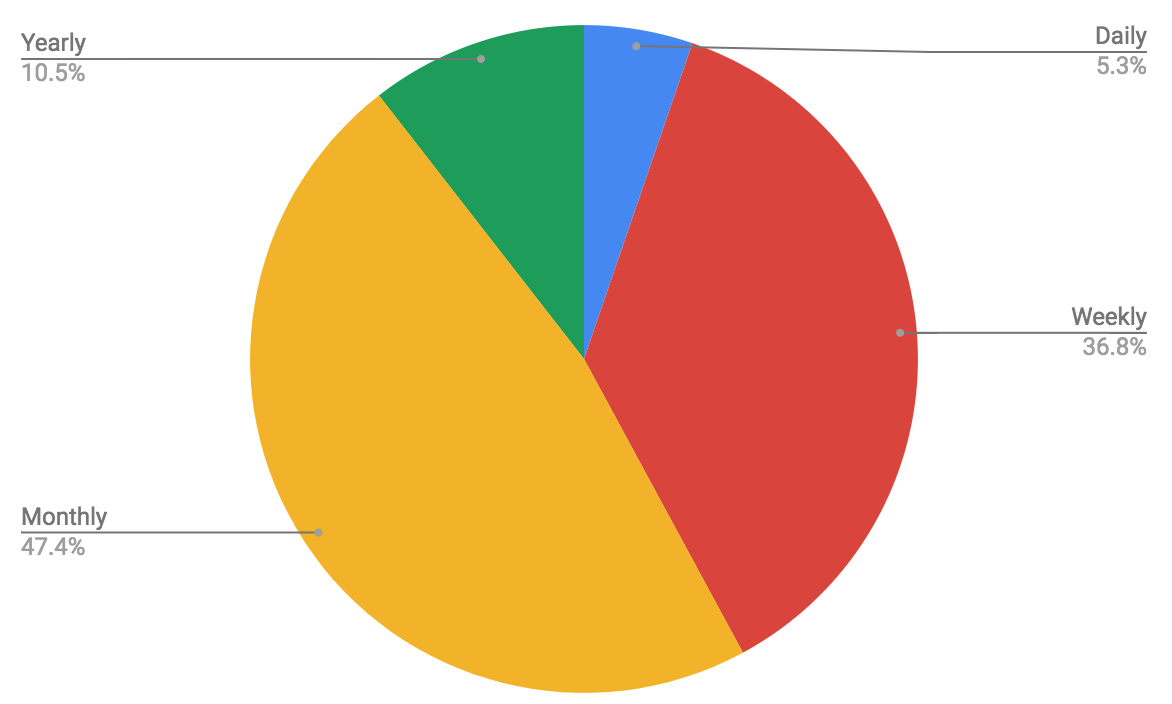
Almost half, 47.4% of respondents, said they are doing monthly updates to their website. More frequent weekly updates accounted for 36.8% of the the respondents. Nearly 1 in 10 said they do yearly updates, and 5% said they do changes daily.
It’s clear that the goal for many marketing people is to “get something up each month.” Which, is not a bad strategy for at least getting website content updated on a regular basis. For a little bit more benefit on the content/SEO side, I’d recommend trying to move closer to weekly updates if possible.
For those 10% of people that only do yearly updates, they can likely expect to have decreasing organic reach overtime on their website. More likely than not, less regular updates are a combination of lack of strategy, plus not having adequate content areas designed into their website (blog, project gallery, resource library, etc.).
Which social media are you active on? Which are effective?
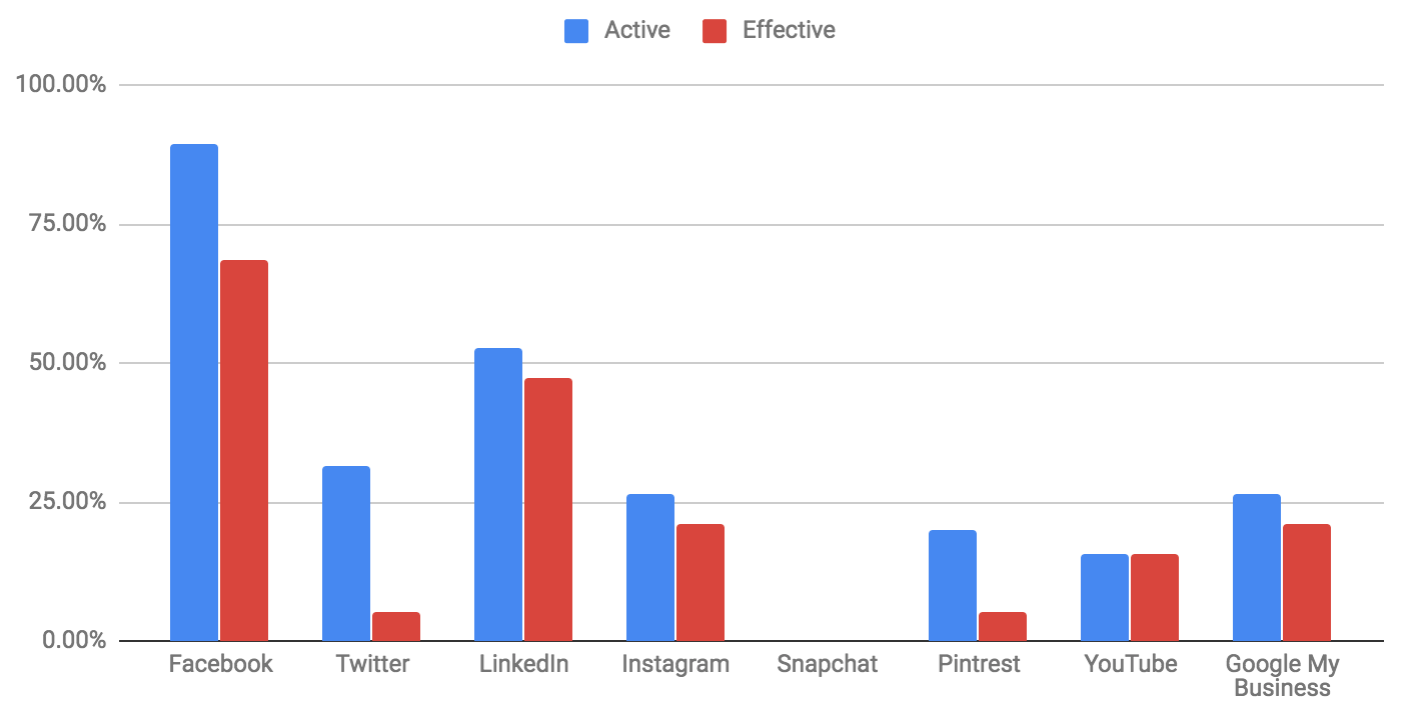
Facebook and LinkedIn reigned supreme of the social media platforms that marketing people were most active on. Twitter, Instagram, and Google My Business were all lagging behind with about 1 in 4 companies actively publishing on those platforms.
What’s interesting though is to view which social media platforms were marked as “effective.” The gap between the blue bar and the red bar represents the number of respondents that use a platform, but did not find it effective for their business. The closer the bars, the more success a platform is generating.
Facebook was the most active, but about 20% of the people that used it said it was not effective. Twitter really took a beating, with 32% of people active on it, and 5% of people marking it as effective.
When you look at LinkedIn, YouTube and Google My Business, you’ll notice that most people who use them found them effective. This can be an indicator to those NOT currently using those platforms to give them a try.
What paid advertising are you doing?
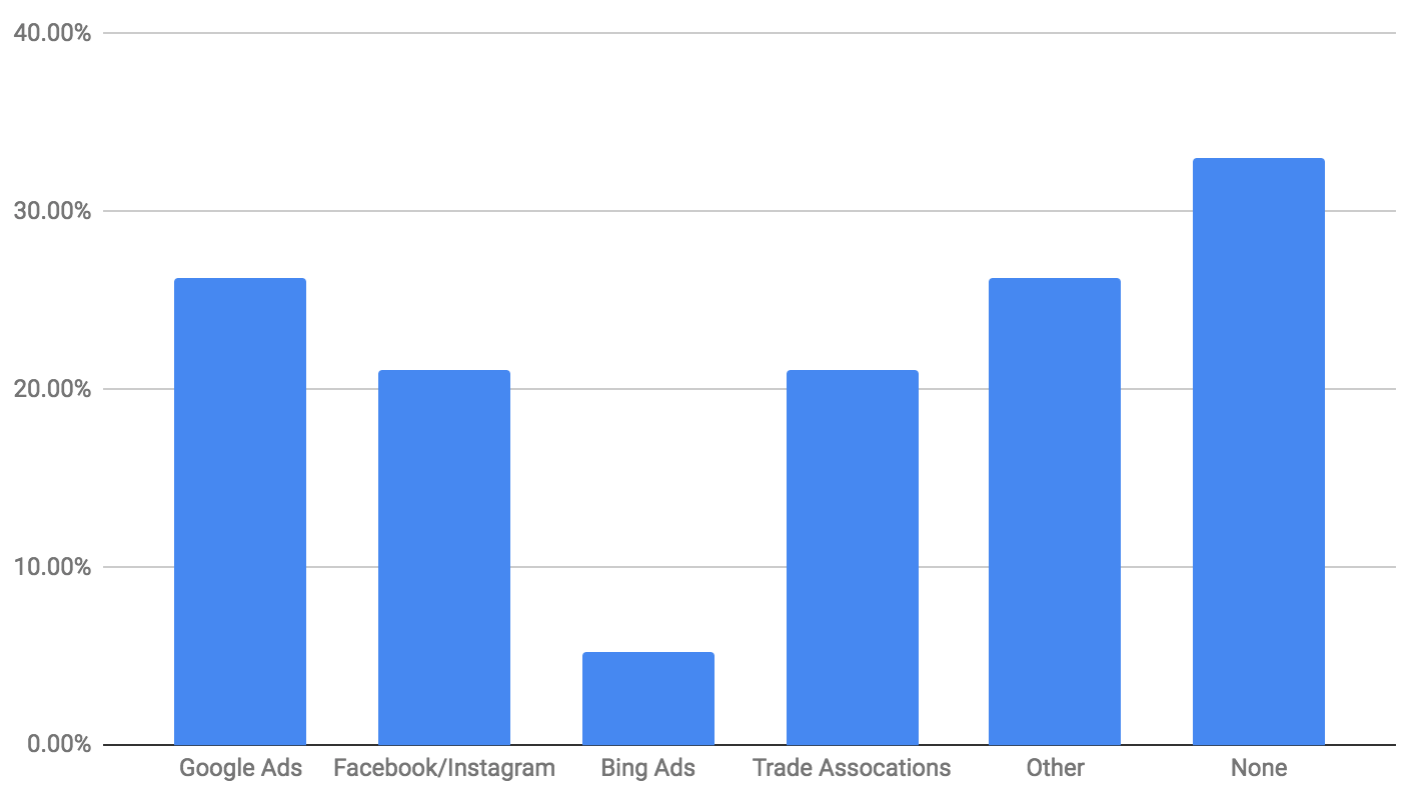
It was actually a mixed bag of where people were spending their advertising dollars online. Google, Facebook/Instagram, and “other” channels were all hovering around 25% of spends. Bing only was being done for about 5% of respondents.
Just under half marked that they are doing NO paid advertising at all. Which is actually MORE people than our survey in 2017. Is it that people were not getting the results they hoped for? Hard to say with this high-level of questionnaire.
With it becoming increasingly harder to achieve organic results, it’s likely that paid digital advertising will continue to be a necessary part of a digital marketing strategy in the years to come.
How are you making your digital marketing strategy more effective in 2019?
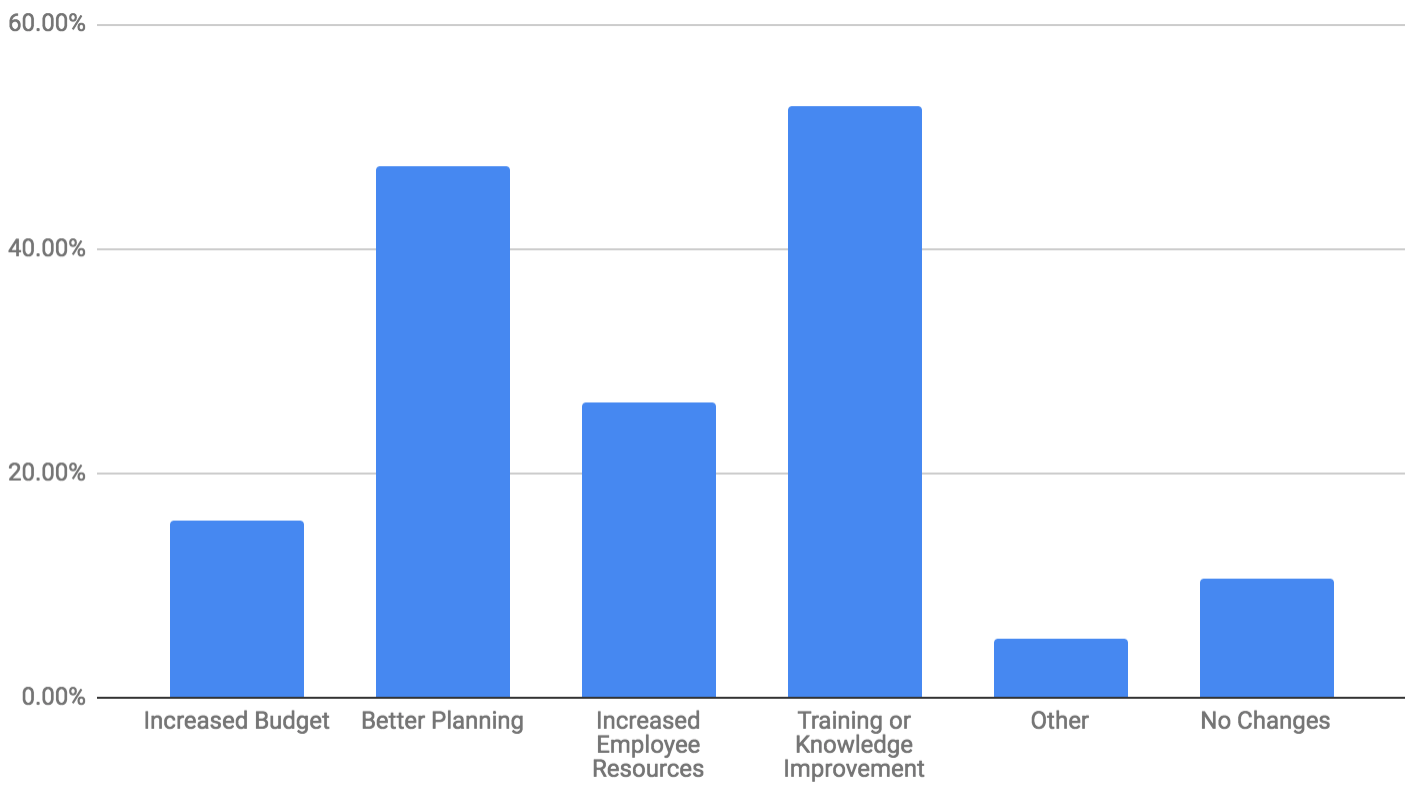
So the big question is… how are you going to improve? A majority of the respondents marked that they are going to focus on training and knowledge improvements in 2019. This was closely followed by better planning. These results echoed the answers from struggles from the previous year.
Down from our previous survey was the number of respondents who marked needing a larger budget or increased resources from their company. Again, this falls in line with the trends we’ve been seeing of more businesses understanding the importance of a digital marketing strategy.
Survey Conclusion: A Year to Try and Grow
While not a perfect study, these results help provide a snapshot of how other marketing professionals are working on their internal strategy. And of course, everyone has their own unique circumstance, but we also share a lot of the same struggles and opportunities.
2019 can be a great year for you to try new content, campaigns and ideas in your digital strategy. It could also mark the year that you begin to make it a PERSONAL goal to improve your digital literacy. Seeking out sources to read up on how-to’s, attend seminars/webinars, and challenge yourself to not be afraid to do something new.
Thank you to everyone who participated in our digital marketing survey!



